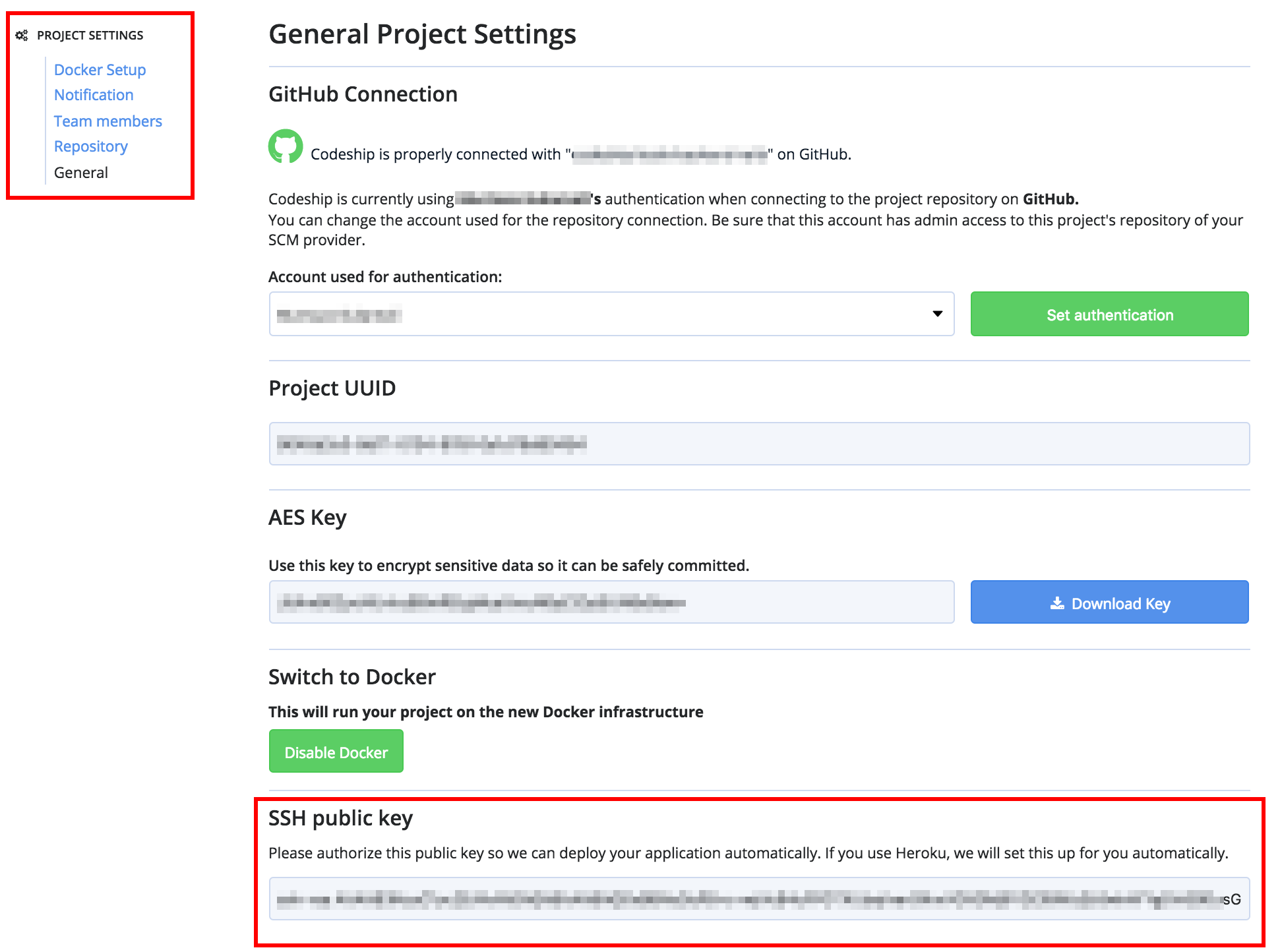

You need to do it with internal module of OpenSSH. Using this module can generate these type of keys, but it doesn't support copying resident keys. You can simply run ssh-keygen -K command and it will regenerate same private/public keys on new machine. With this, when you want to use your key on a new machine, you don't need to transfer your private/public key files.

residentīy using -O resident you can make your key stored inside your security key(it should be FIDO2 compatible). This won't make the server becoming angry at you, since you touched your security key when it said it's not necessary. However, you need to interact with your security key anyway regardless of key settings when you are logging in to a server. But since version 1.1.0, you can create and use them. Windows API does not support this option(meaning you should always interact with your security key).īefore version 1.1.0 of this module, it would have prevented you from creating or using these keys. Open your local config file on ~/.ssh/config(or global config file on /etc/ssh/ssh_config) and add this:
#OPENSSH SSH KEYGEN CODE#
It is compiled for the MSYS environment( Git for Windows is using MSYS).įor other environments like Cygwin please download the source code and compile it yourself according to Build instructions.ĭownload a version of this module which matches your installed OpenSSH Version: InstallĬompiled files of this project are available on GitHub releases. So I created this middleware module for OpenSSH to access FIDO/U2F keys through Windows Hello APIs and make everything easier. Windows Hello also supports other types of authenticators like internal TPM device(if they support generating ECDSA or Ed25519 keys, they can be used instead of FIDO/U2F security keys). Windows provides an API set called Windows Hello to access to FIDO/U2F keys without administrator privileges, these APIs are being used in major browsers(Chrome, Firefox, Edge) in Windows for JavaScript WebAuthn implementation.
#OPENSSH SSH KEYGEN WINDOWS 10#
However, in Windows 10 version 1903 or higher, you need administrator privileges to be able to access any FIDO device, which means you need to run Bash or other apps calling OpenSSH as administrator or they won't detect your keys, and this is painful. Internal implementation works well in Windows.
#OPENSSH SSH KEYGEN HOW TO#
Ssh-sk-helper also supports dynamically loaded middleware libraries to be used instead of internal implementation so you could be able to connect to security keys through other ways.ĭetails about how to implement those middlewares are described in OpenSSH source in file PROTOCOL.u2f. This helper has an internal implementation to connect to FIDO/U2F keys using libfido2 library and support connecting to keys via HID protocol on USB(no Bluetooth or other things). There are two new key type ecdsa-sk and ed25519-sk which can be used for this.Ĭommunicating with keys is done through a helper app named ssh-sk-helper(by default it is in /usr/lib/ssh). OpenSSH version 8.2 added support for authentication using FIDO/U2F hardware security keys. A plugin for OpenSSH to connect to FIDO/U2F security keys through native Windows Hello APIs.


 0 kommentar(er)
0 kommentar(er)
